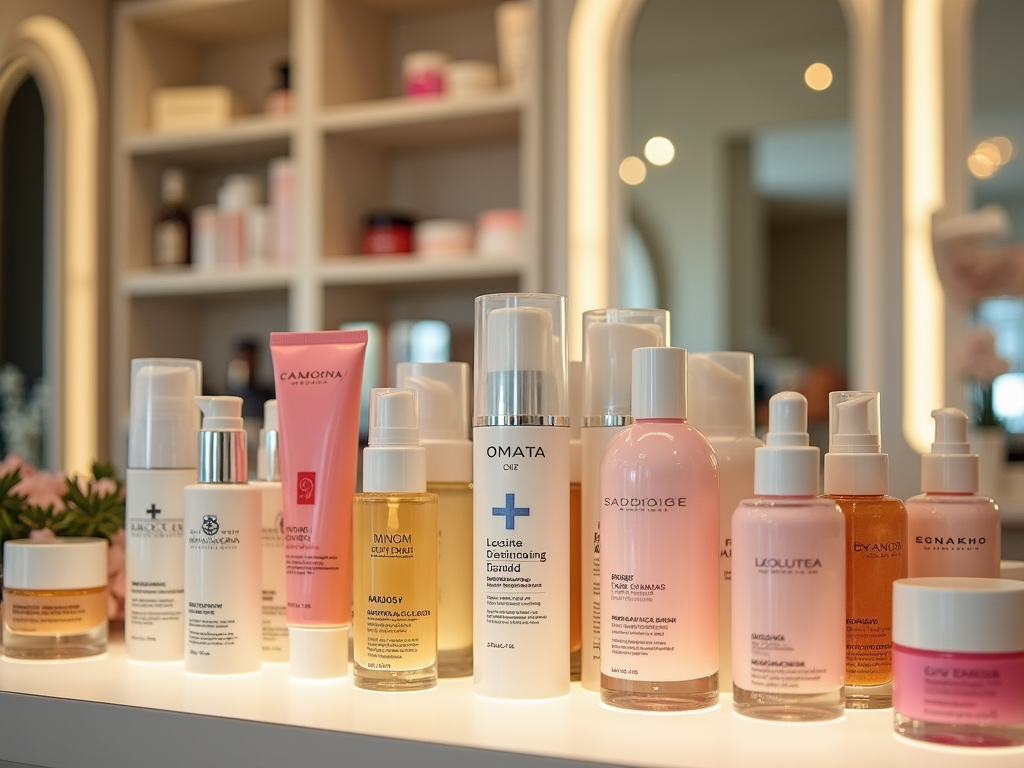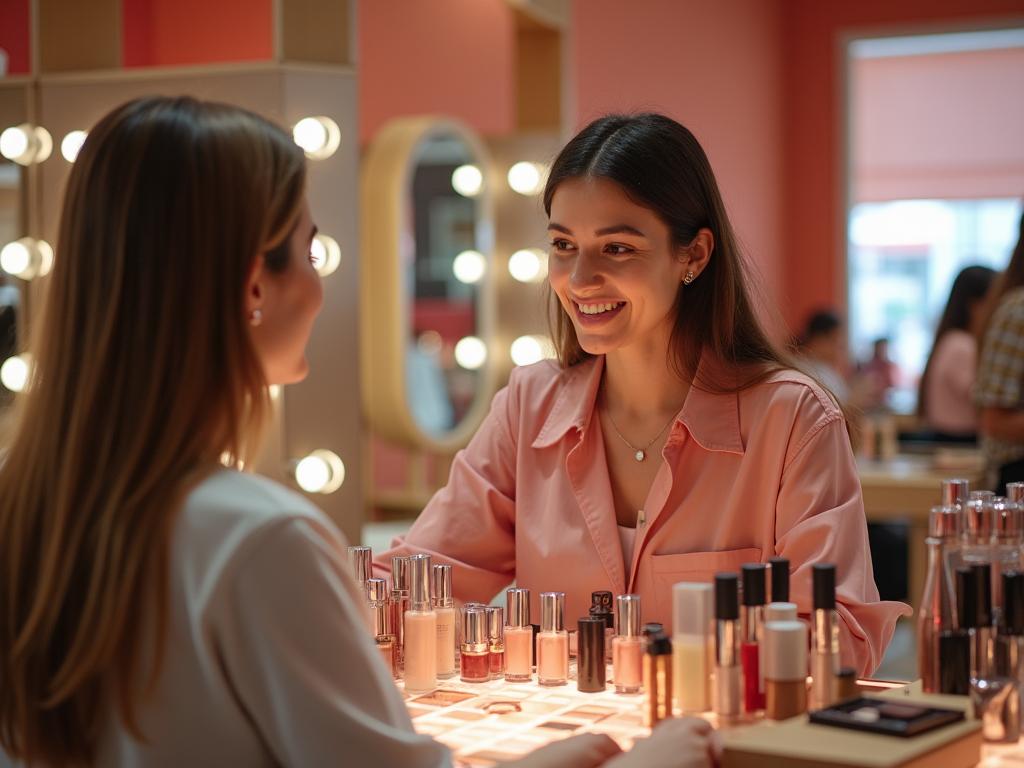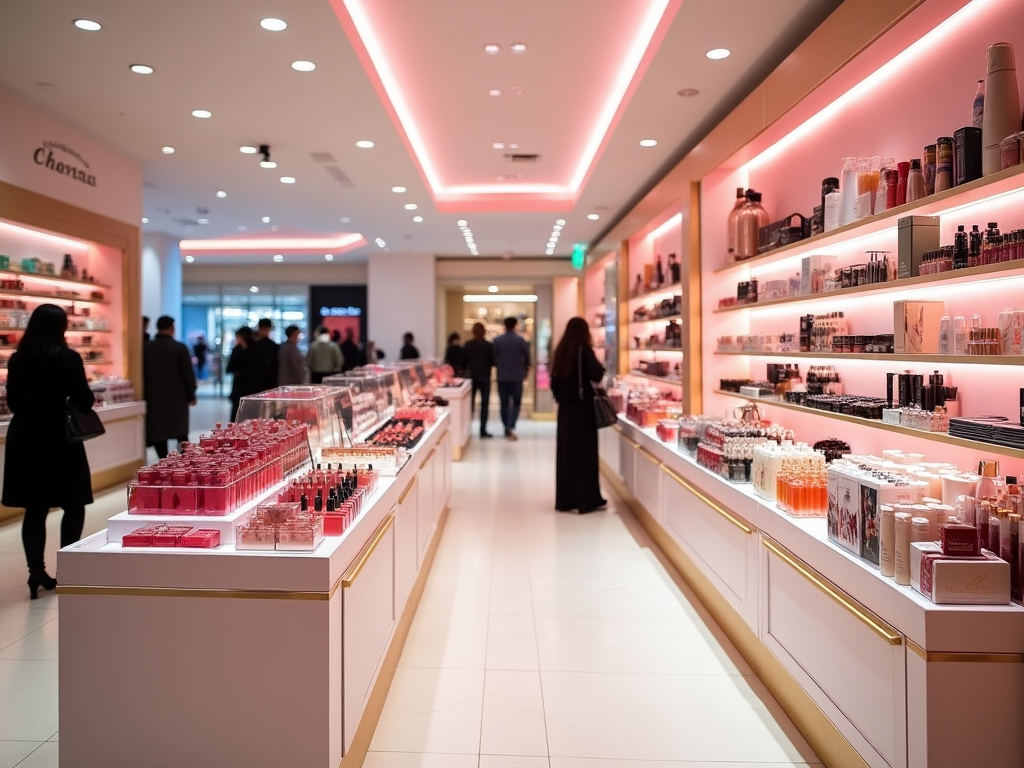Dubai is a vibrant hub for beauty and fashion, making it an attractive destination for opening a cosmetics store. Given its multicultural population and growing demand for beauty products, entrepreneurs can find great opportunities in this industry. This article delves into the crucial steps required to establish your cosmetics store in Dubai, from understanding the market to navigating legal requirements and marketing your brand effectively.
Understanding the Market

Before diving into the cosmetics business, a thorough understanding of the market in Dubai is essential. The beauty industry in Dubai is flourishing, with both international brands and local labels thriving. Conducting market research helps in identifying your target audience, competitors, and potential product niches. Key considerations include:
- Target Demographic: Understand who your customers are, including their age, gender, and income level.
- Competitive Analysis: Identify your main competitors and analyze their strengths and weaknesses.
- Product Trends: Stay updated on the latest beauty trends, such as organic products or K-beauty products.
By gaining insights into these areas, you can tailor your offerings to meet the specific demands of the Dubai market and stand out among competitors.
Legal Requirements

Opening a cosmetics store in Dubai requires adherence to specific legal requirements. It is vital to ensure that you are compliant with local regulations to avoid potential fines or closure. Key legal steps include:
- Business Licensing: Obtain a commercial license from the Department of Economic Development (DED).
- Trade Name Registration: Choose a unique business name and register it with the DED.
- Product Registration: If your cosmetics contain active ingredients, ensure they are approved by the Emirates Authority for Standardization and Metrology (ESMA).
- Store Location and Zoning: Select a retail space that complies with local zoning laws and offers high visibility and accessibility.
- Visa Procedures: If you require staff, you must secure visas and work permits for your employees.
By diligently following these steps, you ensure that your cosmetics store is set for a successful and compliant launch.
Choosing the Right Location
The location of your cosmetics store can significantly impact its success. In a city like Dubai, which is known for its commercial hubs and tourist attractions, choosing the right spot is crucial. Consider the following factors when selecting your location:
- Foot Traffic: Look for areas with high foot traffic, such as malls, shopping streets, and tourist attractions.
- Accessibility: Ensure that your store is easy to access via public transportation and has adequate parking facilities.
- Competitive Proximity: Analyze the density of competing beauty stores in the area to find a balance between being close to competitors and having a unique position.
- Demographics: Choose an area that aligns with your target demographic, whether it’s luxury clients in Dubai Marina or young shoppers in Downtown Dubai.
- Visibility: A storefront with good visibility can help attract walk-in customers.
By carefully evaluating these factors, you can choose a location that not only attracts customers but also enhances your brand’s image.
Once your cosmetics store is operational, effective marketing strategies are essential for attracting a steady stream of customers. Consider using a combination of traditional and digital marketing methods to maximize reach. Here are some strategies to implement:
- Social Media Marketing: Engage customers on platforms like Instagram and TikTok to showcase your products and build brand loyalty.
- Influencer Collaborations: Partner with local beauty influencers to promote your products through authentic reviews and tutorials.
- In-Store Events: Host beauty workshops, free makeovers, or product launches to draw in customers and create buzz around your store.
- Loyalty Programs: Develop a rewards program to encourage repeat business and engage your existing customers.
- Email Marketing: Use newsletters to keep customers informed about new arrivals, promotions, and exclusive events.
Implementing these marketing strategies will not only enhance your store’s visibility but also help cultivate a loyal customer base.
Conclusion
Opening a cosmetics store in Dubai is a promising business opportunity that requires careful planning and execution. By understanding the market, adhering to legal requirements, choosing the right location, and implementing effective marketing strategies, you can set your store on the path to success. As Dubai continues to attract beauty enthusiasts from around the world, now is the perfect time to establish your cosmetics brand and make your mark in this vibrant market.
Frequently Asked Questions
1. What permits do I need to open a cosmetics store in Dubai?
You will need a commercial license from the Department of Economic Development (DED), trade name registration, product registration with ESMA if necessary, and zoning approval for your chosen location.
2. Is there a demand for organic cosmetics in Dubai?
Yes, there is a growing demand for organic and natural beauty products in Dubai, making it a lucrative niche for new cosmetics stores.
3. How can I stand out among other cosmetics stores in Dubai?
Focus on unique product offerings, exceptional customer service, engaging marketing, and creating a memorable in-store experience to differentiate your store from competitors.
4. What are the best marketing channels for a cosmetics store?
Social media, influencer partnerships, in-store events, loyalty programs, and email marketing are some of the most effective marketing channels for beauty businesses in Dubai.
5. Do I need to hire a local partner to open a store in Dubai?
Typically, foreign business owners must have a local partner with 51% ownership unless operating in a free zone, which allows full foreign ownership.



